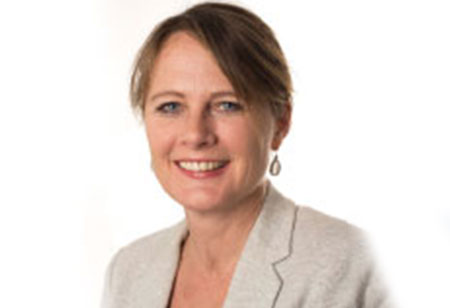In recent years, we have witnessed massive growth in the number of international schools across the world. Private equity groups are investing heavily in chains of schools and small, independent boarding schools are becoming a rare species. Switzerland is a country renowned for its boarding schools, many of which sprung out of finishing schools which had previously drawn families such as that of Princess Gayatra Devi, who was sent abroad in order to develop her language and social skills. Such schools changed long ago, adapting their programs to incorporate the most rigorous academic curricula and welcoming with open arms the previously excluded boys. Today, they offer internationally recognized programs - British A Levels, International Baccalaureat, Swiss Maturite which open doors to universities worldwide.
Yet, the reality is that for every high achieving student coming from an international school in the world, there will be another student as equally high achieving from another school else where. Their academic potential and talents may be practically identical, so how are they able to differentiate themselves when applying to university or seeking employment?
In today’s world, it seems to me that inter-cultural understanding is more vital than ever. We should be teaching our children to live alongside and fully immersed in other cultures. Swiss boarding schools are unique in this as their student communities are made up of dozens of students from around the world. Too often, boarding schools pay lipservice to multi-culturalism and have a sprinkling of overseas students. In Switzerland, this is not the case, as there is a tradition of welcoming foreign students, which goes right back to the finishing school days. Coupled with the development of railways at the end of the late 19th Century, the access to beauty spots and the promotion of mountain resorts for medicinal cures, Switzerland is a country used to welcoming others. Indeed, a recently published statistic says that more than 50 percent of Swiss residents have at least one parent born abroad.
Multi-culturalism is therefore very much anchored in the Swiss way of life.Our children need to learn how to communicate with others, how to celebrate cultural differences, and in doing so, see how similar people in fact are.
This happens so seamlessly in Swiss boarding schools to the point that differences and any inherent judgments are blurred. Schools with more modest means might feel they lack the means or the know-how to implement this.Yet, for such schools or those with less of a multicultural student body, it is nevertheless possible to celebrate internationalism. A simple Google search throws up boundless possibilities, many of which are quick and easy to implement with very little cost.
-
Only by providing opportunities for our students to reach out to ideas beyond their own can we hope to equip them with the skills needed to make a truly positive contribution to our society.
Sarah Frei, Marketing & Communications Director, Brillantmont International School
With an enthusiastic teacher leading a project, anything is possible. Within their curriculum, schools can include global perspectives, taking view points beyond the nation’s borders. They can develop partnerships with schools abroad, promoting written or travel exchanges between the students. Webcams and Skype enable students in one part of the world to work collaboratively with students at the other side of the world on a joint project. Such activities are hugely enriching, promoting not just a different approach to subject matter but also promoting team work, as the students learn to discuss, debate, disagree and find common ground, as well as learning how students from another culture think. These are the kind of experiences which later in life provide a valuable framework as to how to work together to find solutions. They are business lessons for life.
The ever popular Model United Nations Organization offers opportunities for collaborative study and an exchange of ideas amongst students from all over the world. In a simulation of the United Nations, students undertake research to be able to successfully defend their assigned country's viewpoint in conferences which take place across the world, bringing together thousands of young people. What a wonderful opportunity it is for students to not only travel to these conferences but to be in close contact with such a diverse body of young people, all with different life experiences, all with opinions & ideas, and all seeking to find some common ground. Their enthusiasm is infectious and the skills they learn - public speaking, debate, agreeing to disagree are hugely important for later life.
Many schools offer other leadership opportunities in the form of student leaders, participation in conferenc¬es, TEDx, leaders of sports teams, and much more. These are incredibly enriching, enabling students to truly shine, and above all, to develop their communication skills. As educators, it is simply no longer viable to focus solely on the academic learning. The world is a small and fast moving place, thanks to technological advances. Nobody can predict the jobs that our current high school students will be doing in 20-30 years’ time. How ever, one prediction will hold true-it won’t just be about the academics. It will all come down to communication and inter-cultural understanding. Only by providing opportunities for our students to reach out to others, to discover worlds and ideas beyond their own, to think creatively, can we hope to equip them with the skills needed to make a truly positive contribution to our society.
